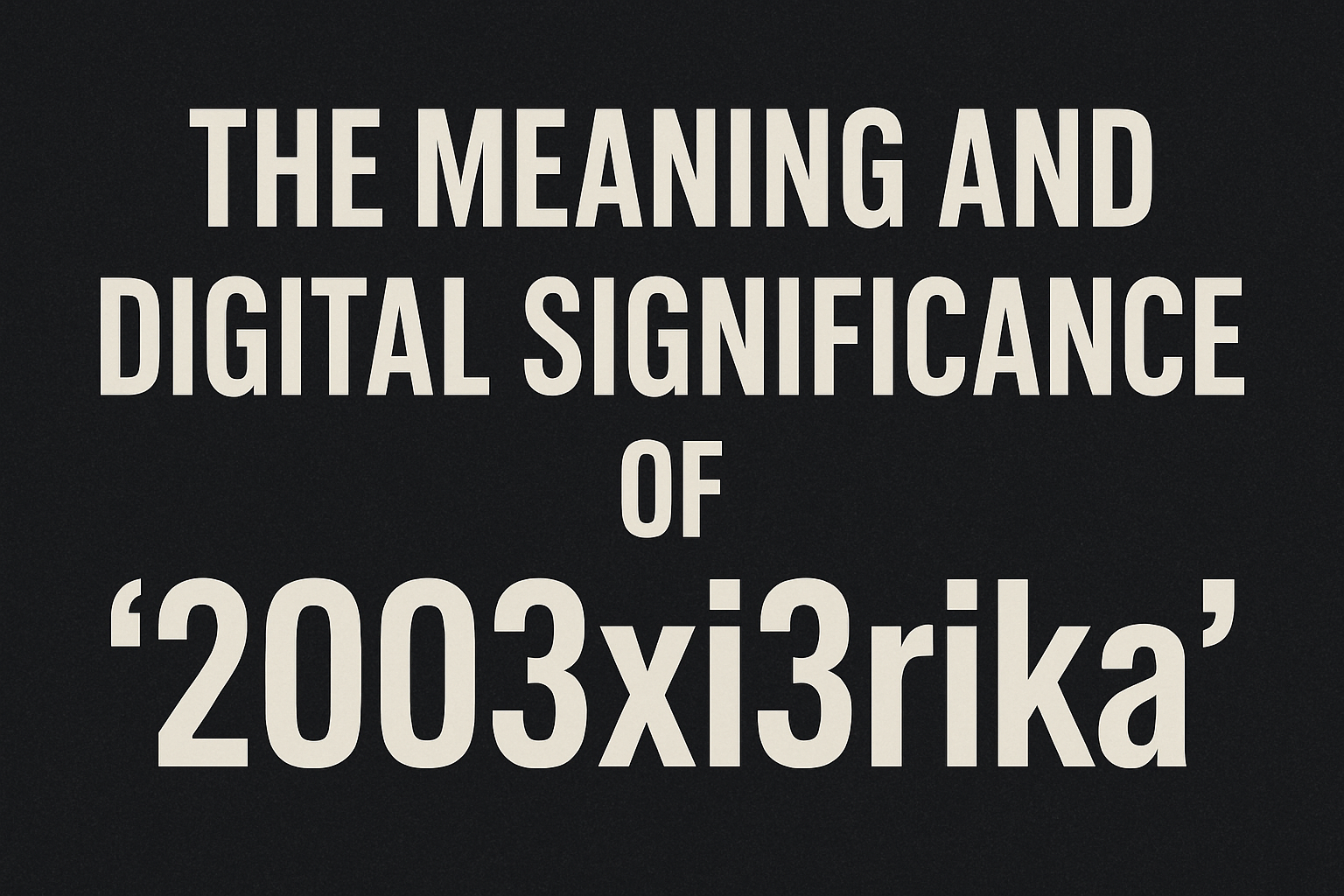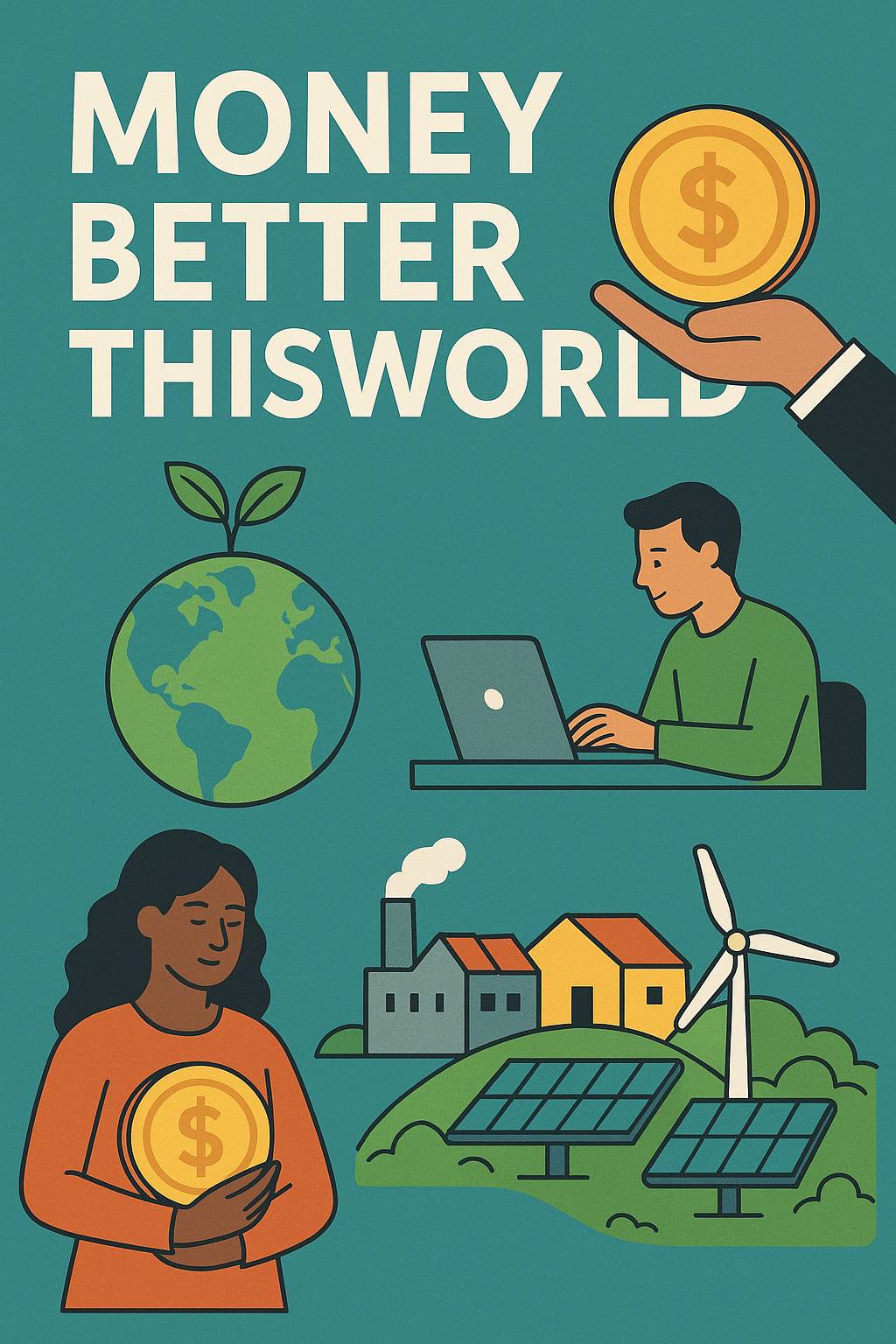Money has always been central to human progress, driving trade, innovation, and growth. Yet in the modern era, a new perspective is emerging: money should not just serve individuals or corporations but contribute to a collective vision of a better world. The idea of money betterthisworld reflects a movement that encourages people, businesses, and governments to view money as a tool for positive impact. Instead of focusing solely on profit, this concept challenges society to align financial practices with sustainability, equality, and human well-being.
The Meaning Behind Money BetterThisWorld
At its heart, money betterthisworld is about reimagining how we use financial resources. Rather than seeing money as merely a means of accumulating wealth, it calls for a shift toward using it to solve problems, uplift communities, and create opportunities. This does not mean abandoning financial success, but it suggests that true prosperity lies in balancing profit with purpose. When money is directed toward education, healthcare, environmental initiatives, and innovation, it becomes more than currency—it becomes a catalyst for lasting change.
Why Money Should Contribute to a Better World
The growing inequality in wealth distribution, coupled with global challenges like climate change and poverty, has made it clear that money cannot remain an isolated pursuit of personal gain. When financial resources are intentionally used to improve society, the effects ripple far beyond individual benefit. Redirecting money toward essential services like schools, hospitals, and infrastructure builds stronger foundations for communities. Similarly, channeling money into renewable energy and sustainable industries ensures that future generations inherit a healthier planet. In this sense, money betterthisworld is not only a moral responsibility but also a necessity for survival and shared prosperity.
The Role of Individuals in Financial Change
Every individual has the power to influence how money shapes the world. Decisions about where to spend, save, or invest carry weight in the larger economic system. When people choose to support businesses that prioritize fair practices or opt for financial institutions that invest responsibly, they send a powerful message that ethics matter. Individuals who educate themselves about financial literacy also become more capable of making choices that align with their values. The growing movement of conscious consumerism and green investing demonstrates how personal decisions, multiplied across millions of people, can turn money into a collective force for good.
Businesses and Their Responsibility
Corporations hold immense influence in shaping financial landscapes, and their role in money betterthisworld cannot be overlooked. For decades, businesses were driven primarily by profit margins, often at the expense of social and environmental well-being. Today, however, many companies are beginning to integrate sustainable practices and social responsibility into their operations. Whether it is through reducing carbon emissions, ensuring fair wages, or creating products that improve lives, businesses are showing that financial success does not have to come at the cost of humanity. When companies choose responsibility over exploitation, they prove that money can indeed be used to better this world.
The Influence of Governments and Policy
Governments also play a critical role in shaping how money impacts society. Through taxation, subsidies, and regulations, they control the flow of financial resources on a national and international scale. Policies that fund education, healthcare, and welfare programs are direct examples of how governments can ensure that money serves the greater good. Similarly, by incentivizing renewable energy, supporting small businesses, and protecting workers’ rights, governments can use money to create both stability and progress. International cooperation adds another layer, as global challenges like climate change and poverty require collective financial strategies. The money betterthisworld idea becomes most powerful when governments embrace it as part of long-term planning.
Technology and the Evolution of Money
The digital age has transformed how money is stored, transferred, and invested. Cryptocurrencies, fintech platforms, and blockchain technology have introduced new levels of transparency, accessibility, and efficiency. In the context of money betterthisworld, these innovations provide exciting opportunities to expand financial inclusion and reduce corruption. For instance, blockchain can ensure that funds meant for social causes are traceable and reach their intended purpose. Mobile banking allows people in remote regions to access credit, savings, and opportunities that were once out of reach. By combining technology with responsibility, the financial system can evolve into one that truly serves everyone.
Obstacles to Creating Positive Financial Impact
Despite the potential, the path toward aligning money with social good is not free of challenges. Short-term profit often takes precedence over long-term responsibility, making it difficult for businesses and investors to prioritize ethical outcomes. Corruption, lack of transparency, and weak governance also hinder the effective use of resources. Many individuals remain excluded from financial systems due to poverty or lack of education, preventing them from participating in change. Overcoming these obstacles requires collaboration among all sectors—individuals, businesses, governments, and global organizations—to ensure that money is used with integrity and purpose.
A Vision for the Future
The concept of money betterthisworld presents a vision where financial resources become instruments of justice, equality, and sustainability. It calls for a future where every transaction, investment, or policy is seen not only in terms of profit but also in terms of its impact on humanity and the planet. This vision does not ask people to abandon success but to redefine it—to understand that true wealth lies in creating value that benefits everyone. If embraced collectively, money can move from being a symbol of power to becoming a symbol of progress, shaping a world that is fairer, greener, and more compassionate.






